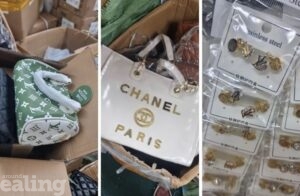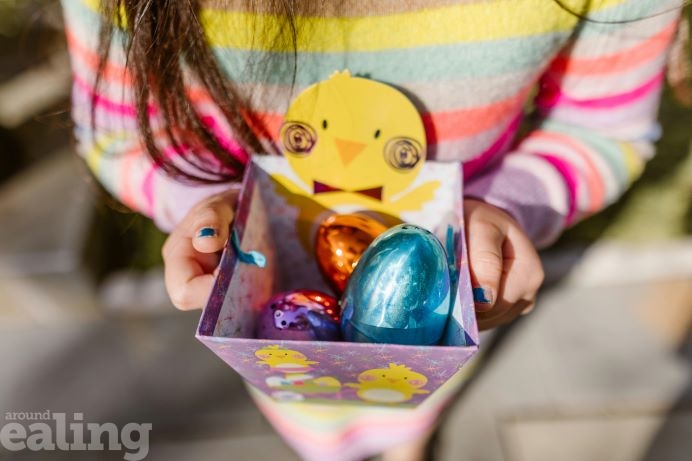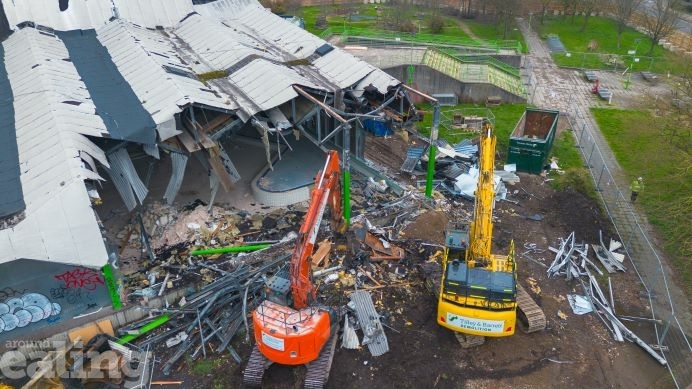Around 14,000 households in the borough use the council’s garden waste collection service to get rid of their cuttings, leaves, twigs and old plants, instead of making the journey to the tip. And now you can subscribe at a discounted rate
You can join the service at a half-year discount of £57.50 (or just £45 for those receiving certain benefits or aged over 65). This will mean you will have fortnightly collections between 1 October and 31 March.
Subscribers can choose between using reusable sacks or a green wheelie bin, depending on how big your garden is and how much waste you produce.
By signing up to the service, you will automatically become a member of The Gardening Club, which will provide you with information and advice for your garden, and give you exclusive access to competitions and giveaways.
Councillor Bassam Mahfouz, the council’s cabinet member for environment, transport and leisure, said: “Many people find our garden waste collection service easier and more convenient than driving it down to one of our local recycling and reuse centres.
“Most join in March; and some people have told me they didn’t realise they could still subscribe to the service later in the year. I hope that anyone who is interested contacts the council as quickly as possible so they can take advantage of this half-year discount offer from 1 October.
“All the garden waste we collect is recycled, which is good for everyone.”
WHAT ARE MY OPTIONS?
Garden waste cannot be put in your general rubbish bin – if it was, then your bin would not be collected.
There are three safe ways to dispose of it: Take it to Acton or Greenford re-use and recycling centres; use a compost bin; or sign up for the garden waste collection service.
WHAT CAN I RECYCLE?
You can recycle: Grass cuttings, twigs and hedge trimmings, plants and weeds, flowers, leaves, and garden prunings.
WHAT HAPPENS TO IT?
The council collects the garden waste fortnightly and sends it to a special composting plant where it is turned in to high-quality compost – which is then used for agriculture.
DOES IT NEED TO BE RECYCLED OR COMPOSTED?
If garden waste is not recycled and is sent to landfill instead it rots without air, it creates methane – a greenhouse gas 20 times more harmful than CO2.
For more information visit www.ealing.gov.uk/gardenwaste
HOW DO I SUBSCRIBE?
You can pay up-front or by direct debit. If you are a new subscriber, you can start by filling in information at www.ealing.gov.uk/gardenwaste







